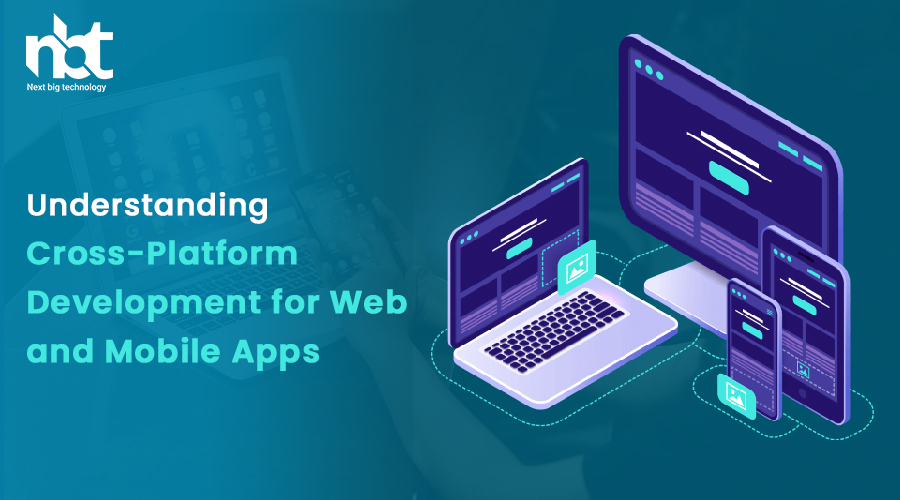Table of Contents
1. Introduction to Cross-Platform Development
Cross-platform development refers to the practice of creating applications that can run on multiple platforms, such as web browsers, iOS, Android, and more, using a single codebase. It eliminates the need to build separate apps for each platform, saving time and resources.
2. The Advantages of Cross-Platform Development

Cost-Efficiency
One of the primary benefits of cross-platform development is cost-efficiency. Developers can write code once and deploy it across various platforms, reducing development and maintenance expenses.
Faster Time to Market
Cross-platform development accelerates the development process as it streamlines code sharing and updates. This allows businesses to launch their apps faster and stay ahead of the competition.
3. Tools and Frameworks for Cross-platform Development
To succeed in cross-platform development, you need the right tools and frameworks. Popular choices include React Native, Flutter, Xamarin, and PhoneGap. These platforms simplify the development process by offering a wide range of pre-built components and libraries.
4. Building User Interfaces for Cross-Platform Apps

Creating a consistent user interface (UI) across different platforms is crucial. Developers should use responsive design techniques and platform-specific UI components to ensure a seamless user experience.
5. Navigating the Challenges of Cross-Platform Development
Performance Optimization
While cross-platform development offers efficiency, optimizing performance can be challenging. Developers must fine-tune their code to ensure apps run smoothly on various devices.
Platform Limitations
Each platform has unique features and limitations. Developers must be aware of these differences and find suitable workarounds to ensure functionality on all platforms.
6. Best Practices for Successful Cross-Platform Development

Successful cross-platform development requires adherence to best practices such as modular coding, regular testing, and continuous integration. Following these practices ensures a stable and maintainable codebase.
7. Case Studies: Successful Cross-Platform Apps
Explore real-world examples of successful cross-platform apps that have gained popularity and recognition in their respective markets.
8. Testing and Debugging Cross-Platform Apps

Thorough testing and debugging are essential in cross-platform development. Tools like Appium and Detox help developers identify and fix issues across multiple platforms.
9. Future Trends in Cross-Platform Development
Discover the latest trends and innovations in cross-platform development, including augmented reality integration, AI-driven apps, and enhanced security features.
Conclusion
Cross-platform development offers businesses a cost-effective and efficient way to reach a broader audience with their web and mobile apps. By leveraging the right tools, frameworks, and best practices, developers can create high-quality apps that perform well on various platforms.
FAQs
1. Is cross-platform development suitable for all types of apps?
Cross-platform development is ideal for many types of apps, but it may not be the best choice for highly specialized or resource-intensive applications.
2. What are the key factors to consider when choosing a cross-platform development framework?
Consider factors like the app’s complexity, required features, target audience, and the skillset of your development team when selecting a framework.
3. How can I ensure a consistent user experience across different platforms?
To ensure a consistent user experience, use responsive design principles and adapt the UI to match each platform’s guidelines.
4. Are there any security concerns with cross-platform development?
Security is a concern in any app development process. Ensure that you follow security best practices and regularly update your app to address vulnerabilities.
5. What is the future of cross-platform development?
The future of cross-platform development looks promising, with advancements in technology allowing for more seamless integration of features across platforms. Stay updated with emerging trends to stay competitive in the market.
Thanks for reading our post “Understanding Cross-Platform Development for Web and Mobile Apps”. Please connect with us to know more about Cross-Platform Development.










